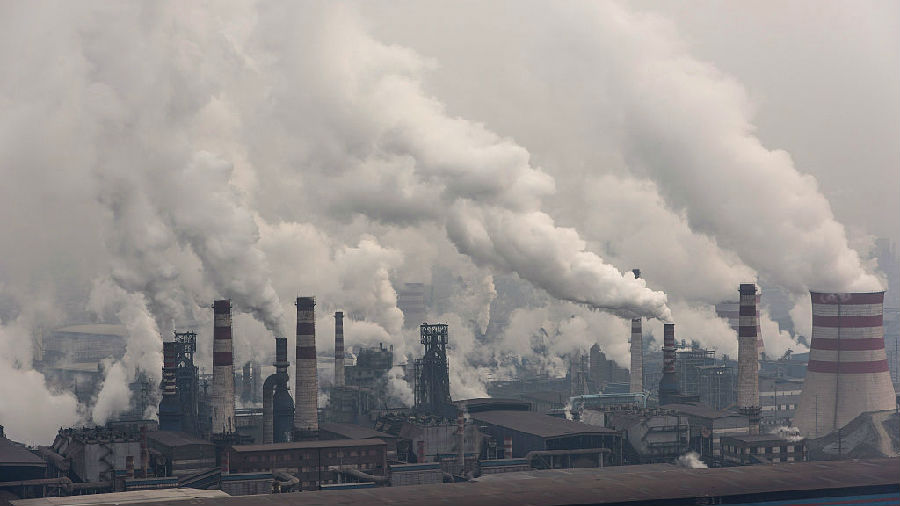An independent gauge of China’s manufacturing sector edged lower in November, suggesting an uptick in activity at state-run companies did not extend to smaller and privately-owned factories.
一家非官方机构出具的中国制造业衡量指标在11月下降,表明国有企业的业务增长并未扩展到规模较小和私营的工厂。
The Caixin-Markit manufacturing purchasing managers’ index dipped to 50.8 in November, down from 51 in October and coming closer to the 50-point threshold that delineates expansion from contraction. A median forecast from economists polled by Reuters had predicted a fall to 50.9.
11月,财新-Markit制造业采购经理人指数(PMI)从10月的51%降至50.8%,接近区分扩张和收缩的50%大关。此前,路透社(Reuters)对经济学家进行调查得出的预测中值曾预计,制造业PMI将降至50.9%。
The dip to the lowest level in five months came as some companies surveyed for the gauge noted that stricter environmental policies – intended to curb the toxic haze that descends upon much of China each winter – had restricted expansion.
制造业PMI降至5个月以来的最低水平,是由于受访企业表示,更严格的环保政策限制了业务扩张。这些政策旨在遏制每年冬天笼罩中国大部分地区的有毒烟雾。
Total growth in new orders softened as new export orders rose at about the same pace as a month prior. But job shedding quickened, while input price growth edged lower and prices charged to clients picked up slightly.
由于新出口订单增幅与上月基本持平,新订单总量增长趋缓。但就业流失加速,投入品价格增幅收窄,企业对客户收取的价格略有回升。

The dip for the Caixin gauge, which concentrates on smaller and private manufacturers, stands in contrast to a pickup for China’s official manufacturing PMI, which focuses primarily on large, state-owned enterprises. The divergence may indicate that smaller outfits have been hit harder by pollution curbs and other regulatory tightening than their larger, state-run competitors, which also enjoy privileged access to state-run lenders.
关注规模较小和私营制造企业的财新制造业PMI下降,而主要关注规模较大和国有企业的官方制造业PMI指数同期出现上升。这种分歧可能表明,比起规模较大和国营的企业,较小的企业受污染限制和其他监管收紧的冲击更为严重。前者还享受国有银行的优惠待遇。
A separate Caixin PMI tracking growth in China’s services sector is slated for release on Tuesday.
追踪中国服务业增长的财新PMI指数将于下周二发布。













